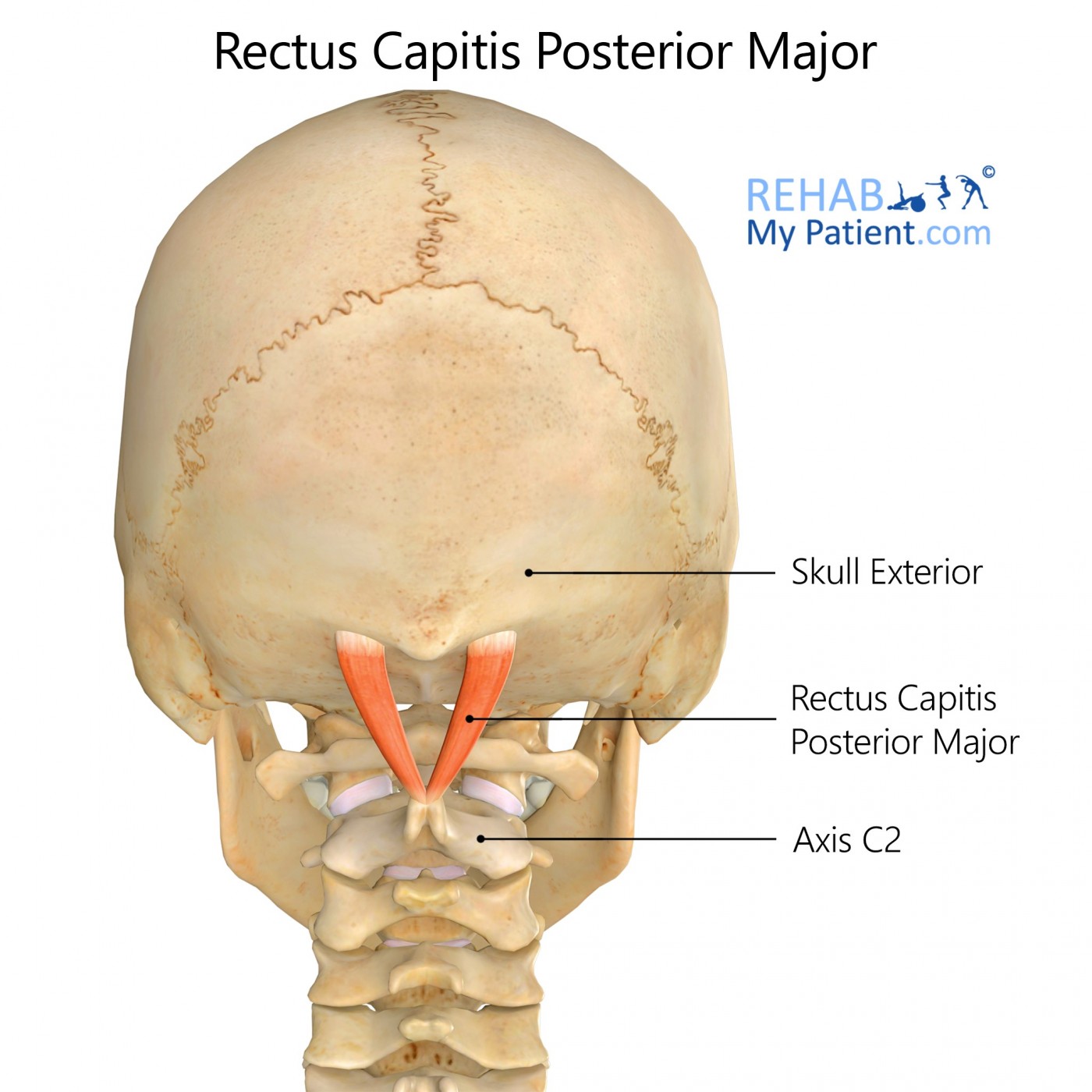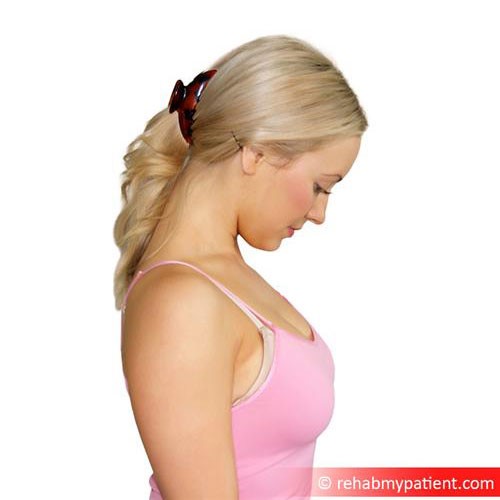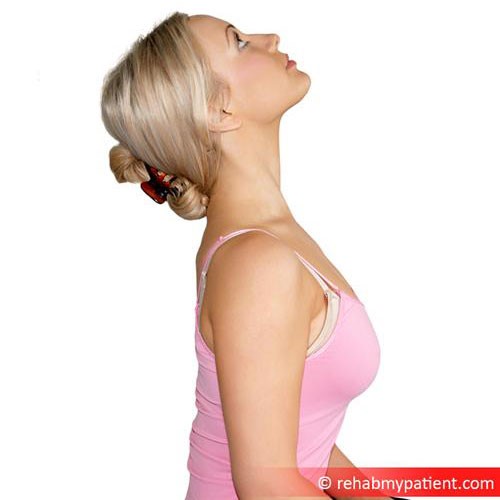
General information
The Rectus capitis posterior major emerges via a pointed tendon out of the spinous process of the axis. As is ascends, it becomes broader. It is inserted into the lateral portion of the occipital bone and the inferior nuchal line, as well as the bone surface directly below.
Literal meaning
Larger posterior straight muscle of the head.
Interesting information
This muscle works to help carry out an array of different head movements. It works along with other structures in the neck, such as the joints, bones and other muscles. Movements like extending, flexing, rotating and adducting the head are all made possible due to these muscles. Connection of the soft tissue to the internal membranes helps to keep the head in line. Due to its location, a car accident or whiplash can cause severe damage to this muscle. It is prone to strains, atrophy, ruptures, lacerations, tears, infections, contusions and even neuromuscular disease.
Origin
Tip of your spinous process in the axis.
Insertion
Lateral aspect for the inferior nuchal line in the occipital bone.
Function
Aids with rotation and extension of the head.
Postural muscle monitoring the head’s positioning.
Nerve supply
Suboccipital nerve for the cervical spinal nerve C1.
Blood supply
Muscle receives blood from the vertebral artery occipital artery descending branch.

Relevant research
Over the years, there has been a great deal of information written that discusses the mechanisms involved during an injury sustained from whiplash. Whether it is from a rear-end collision or another angle, hyperextension of the head from a collision can leave the individual suffering with a great deal of pain. Individuals wearing a seatbelt in the collision could end up having to see someone for the injuries sustained from the brutal force of being flung forward in the accident and being snapped back by the seatbelt.
Churchill Livingstone, (2009). “Whiplash Injuries.” Pgs. xlv-lvi.
Rectus capitis posterior major exercises


Forward and backward stretches
Sit on the edge of a chair with the back straight and chin parallel to the floor. Tilt the head forward slowly until the stretch is felt in the back of the neck. Hold for five seconds. Lift chin and tilt head back until the stretch is felt in the upper neck. Hold for five seconds. Perform the exercise for 10 reps periodically throughout the day to relieve neck strain.
Sign Up
Sign up for your free trial now!
Get started with Rehab My Patient today and revolutionize your exercise prescription process for effective rehabilitation.
Start Your 14-Day Free Trial